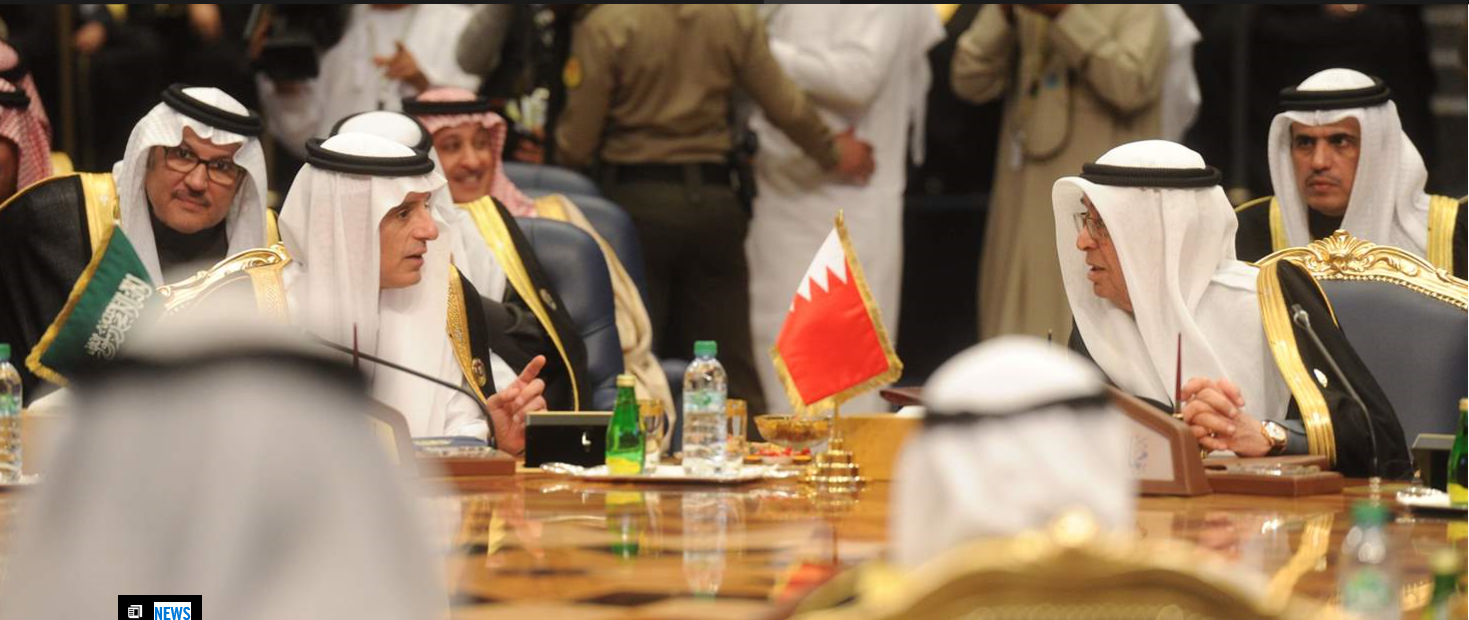An escalating crackdown on freedoms across the Gulf states has brought renewed international attention to the human rights situation in the region, Amnesty International said today, ahead of the Gulf Cooperation Council (GCC) summit which takes place in Riyadh on Sunday.
“2018 has been a particularly brutal year for peaceful human rights activists, journalists and dissidents in the Gulf states. The abhorrent killing of Jamal Khashoggi in October shone a global spotlight on Saudi Arabia’s human rights record at home and in Yemen. All of the Gulf states gathering on Sunday have continued their suppression of the rights to freedom of expression, association and assembly over the past year,” said Heba Morayef, Amnesty International’s Middle East Director of Campaigns.
“Gulf leaders can no longer operate on the assumption that they have a carte blanche to treat their citizens like criminals whenever they express dissent without fear of any international repercussions.”
The GCC states – Bahrain, Kuwait, Oman, Saudi Arabia, the United Arab Emirates (UAE), and Qatar – typically come together to discuss trade and security cooperation. Discussion of human rights has been noticeably absent from the agenda of past summits. It is unclear whether Qatar will attend Sunday’s summit in light of the ongoing rift between Qatar and Saudi Arabia, the UAE, and Bahrain.
A deteriorating human rights situation
During 2018 the persecution of human rights defenders, journalists and other peaceful dissenters has escalated across the Gulf region. Torture, harassment, arbitrary detention, executions and unfair trials have been rife for years, and governments continue to use vaguely worded “counterterror” laws to intimidate critics into silence.
In May, the Saudi authorities launched a wave of arrests targeting many human rights defenders including prominent women’s rights activists. Among those arrested were Loujain al-Hathloul, Iman al-Nafjan and Aziza al-Yousef, who had campaigned against the ban on women driving and the male guardianship system. All remain in pre-trial detention. Government critics, academics, clerics and members of the Shi’a minority were also targeted. Saudi Arabia is currently seeking the death penalty for Israa al-Ghomgham, a Shi’a activist who has participated in protests against the government in Qatif province.
In Bahrain, the UAE and Oman, dozens of dissidents remain behind bars. Among them are opposition leaders Sheikh Ali Salman, Hasan Mushaima, and AbdulWahab Husain, and human rights defenders Nabeel Rajab and Abdulhadi al-Khawaja. Since mid-2016, the Bahraini authorities have embarked on a systematic campaign to eliminate organized political opposition in the country.
In the UAE, human rights activist Ahmed Mansoor, attorney Mohammed al-Roken and academic Nasser bin Ghaith are all serving lengthy prison sentences simply for expressing their views peacefully. In Oman, human rights activists such as Saeed Jaddad and Mohammed al-Fazari have been driven into exile after years of persecution by the government.
With restrictive laws still on the books and a repressive political environment prevailing, authorities in Kuwait and Qatar appear to have largely won in their battle to suppress freedom of expression for the time being. This year Kuwait issued a new prison sentence against former member of parliament Musallam al-Barrak for supporting a public demonstration, and until 2016 Qatar had imprisoned poet Mohammed al-Ajami for reciting his work to guests in his own apartment.
Human rights violations by Gulf governments are not confined within the borders of their countries. The Saudi Arabia and UAE-led coalition continues to cause devastation in Yemen. Over three and a half years of war, coalition airstrikes have killed thousands of civilians, including children, by bombing or shelling hospitals, schools and homes, and many thousands more are at risk of war-induced famine.
Amnesty International is calling on the international community, especially Western allies of GCC states, to increase the pressure on Gulf leaders to respect and protect human rights.
“It’s time GCC members stop ignoring human rights. We are calling on governments to use their leverage to push for the immediate and unconditional release of all those who have been detained solely for their peaceful work defending human rights, reporting in the media or online, or otherwise expressing dissenting opinions in the Gulf States,” said Heba Morayef.
For further information, please contact Lucy Scholey, Media Officer 613-744-7667 ext 236 lscholey@amnesty.ca






















